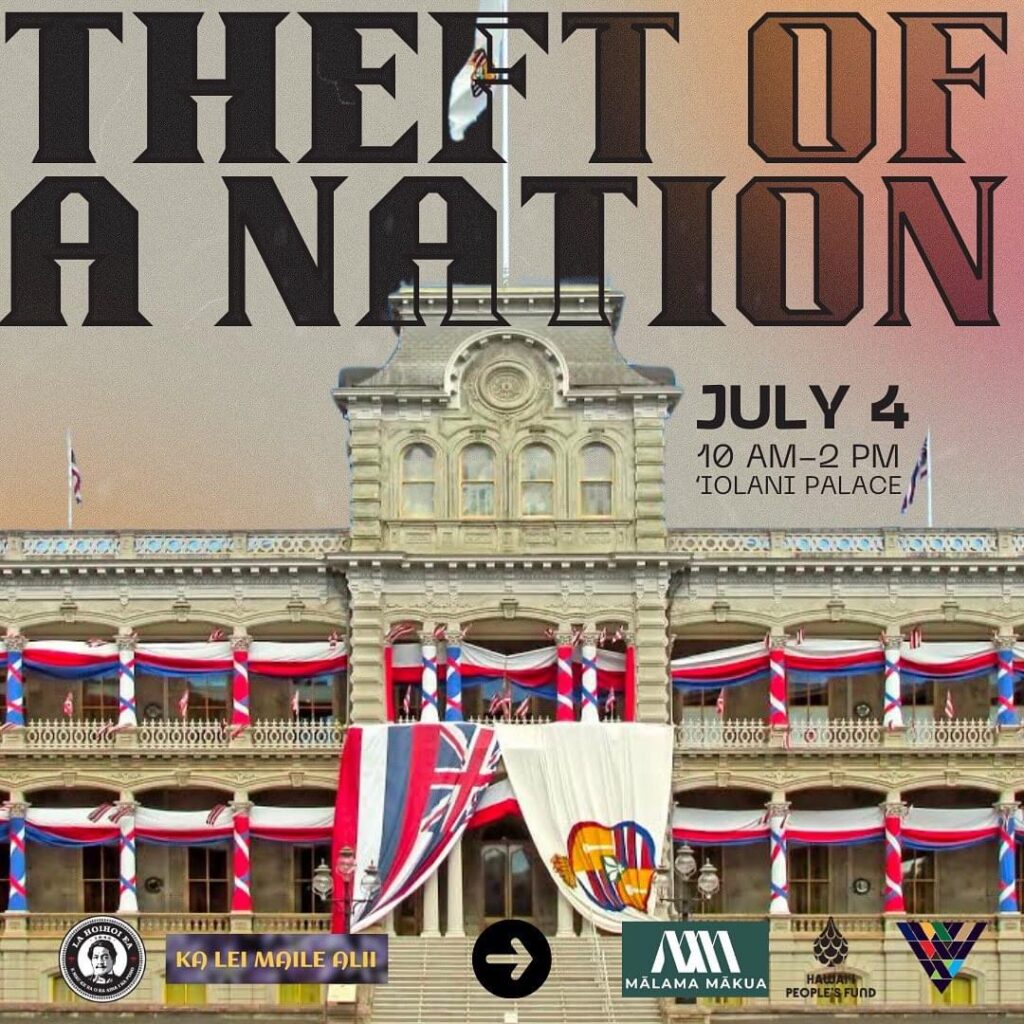
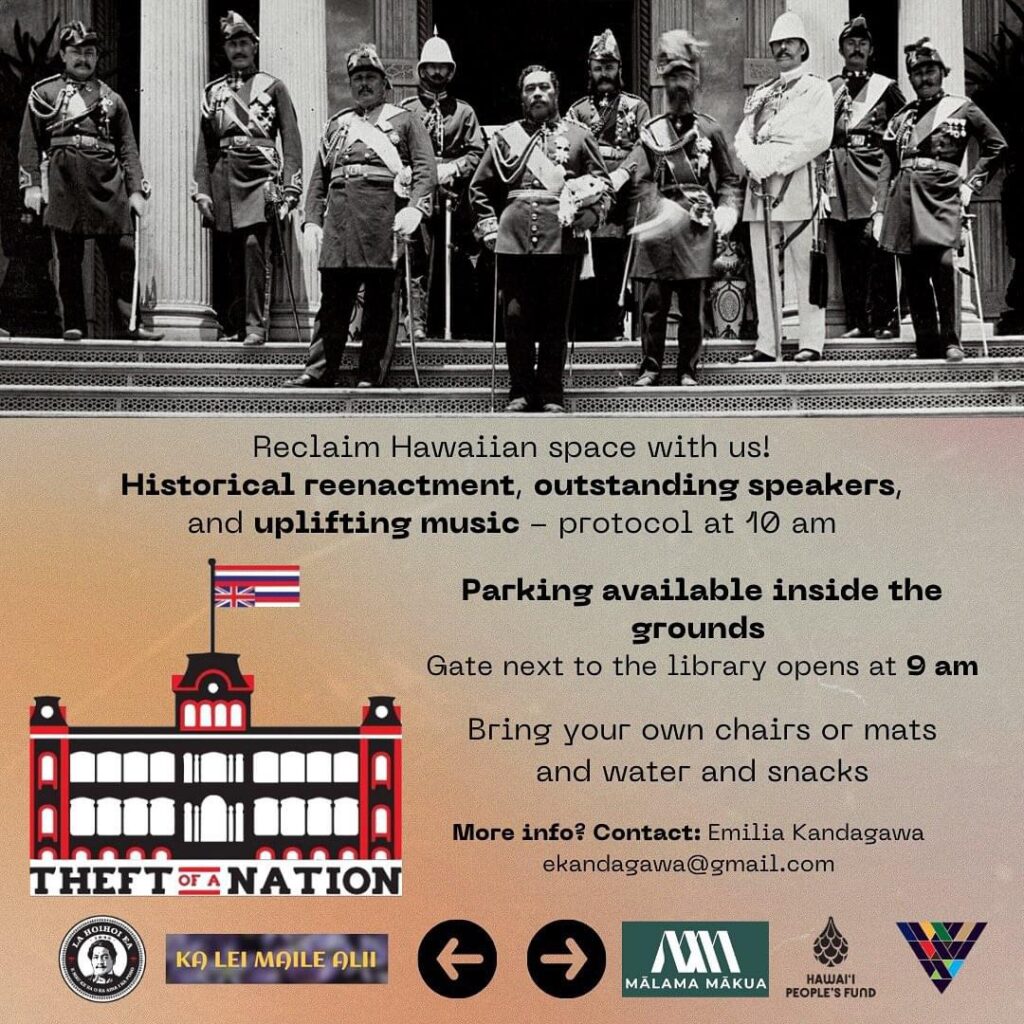
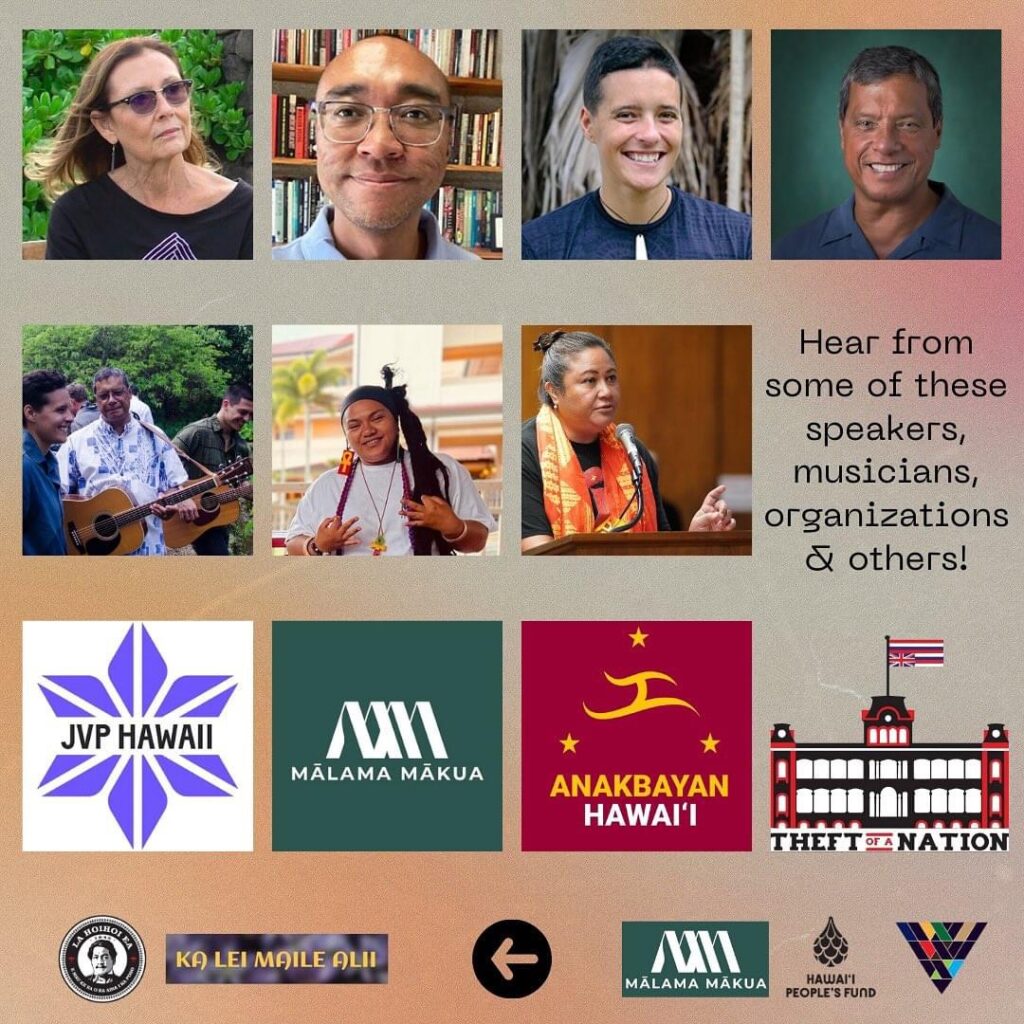
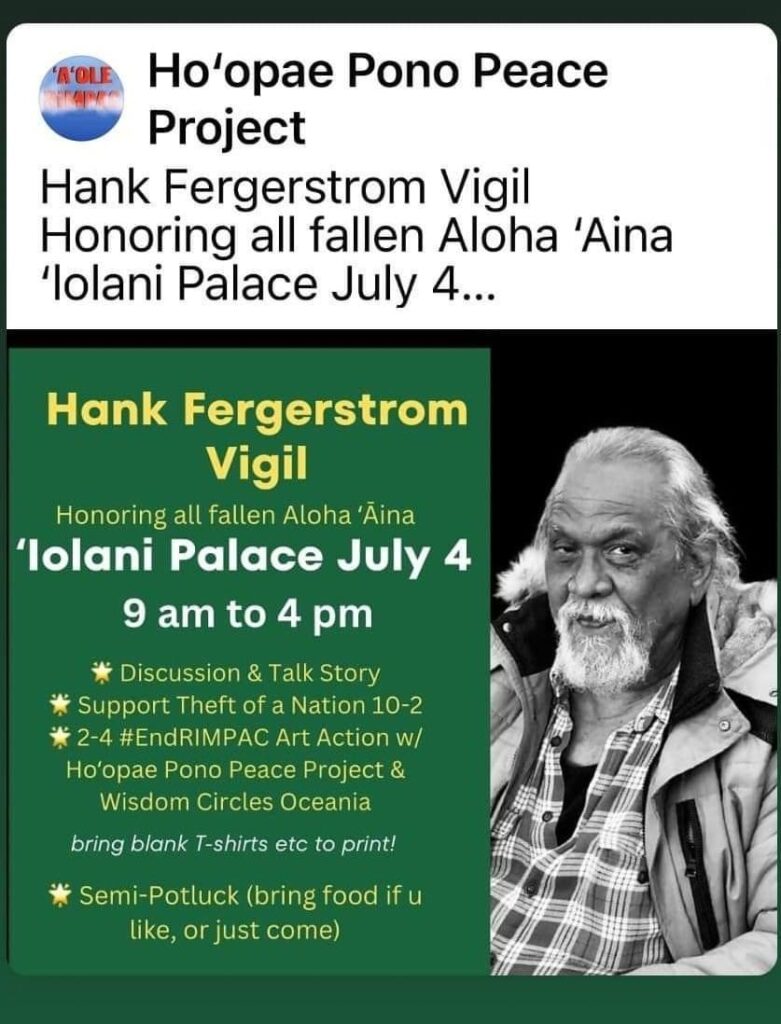
|
||||||
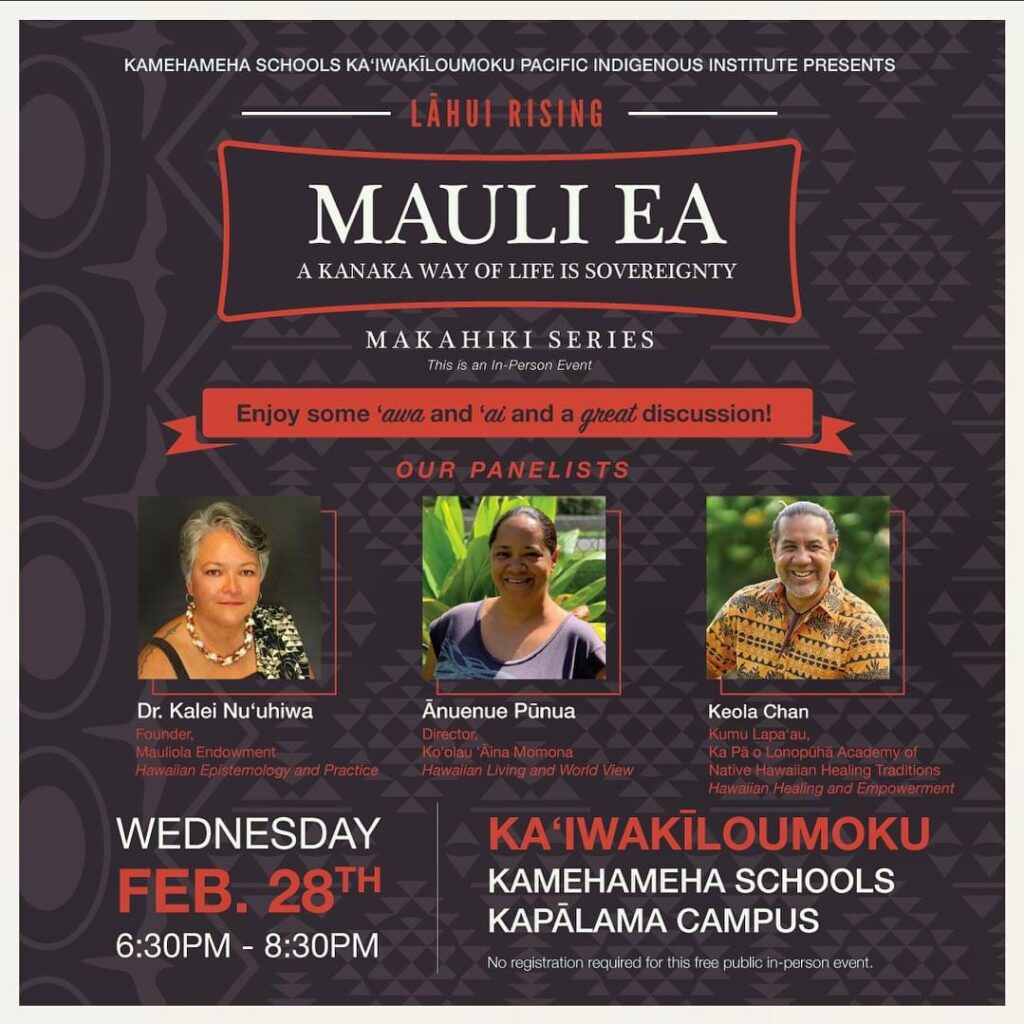 Join us for the final Lāhui Rising event in our Makahiki series about Ea, sovereignty and self-determination. A special feature of this series includes Happy 30th anniversary of Public Law 103-150, the Apology Resolution for the 1893 overthrow of the Hawaiian Kingdom. Scholars and activists say Native Hawaiians have ultimately been seeking their right to self-determination — an issue they say touches on the cause of the fires and affects Hawaii’s healing. As those in Maui try to make sense of the wildfires that left behind a trail of loss, experts and activists say the devastation has highlighted the issue of Hawaiian sovereignty. Those involved in discussions around sovereignty, or the right of a nation-state to govern itself, spoke to NBC News to underscore that the issue has undeniable context for the fires. They include advocates and scholars fighting for international acknowledgment of the Kingdom of Hawaii as an existing nation-state to others working toward complete independence from U.S. interference. The experts also spoke about the island’s fraught place in American history, which they say allowed corporations to expand and dry out the land in Lahaina, the town most severely devastated by the wildfires in the state. July 4, 2023 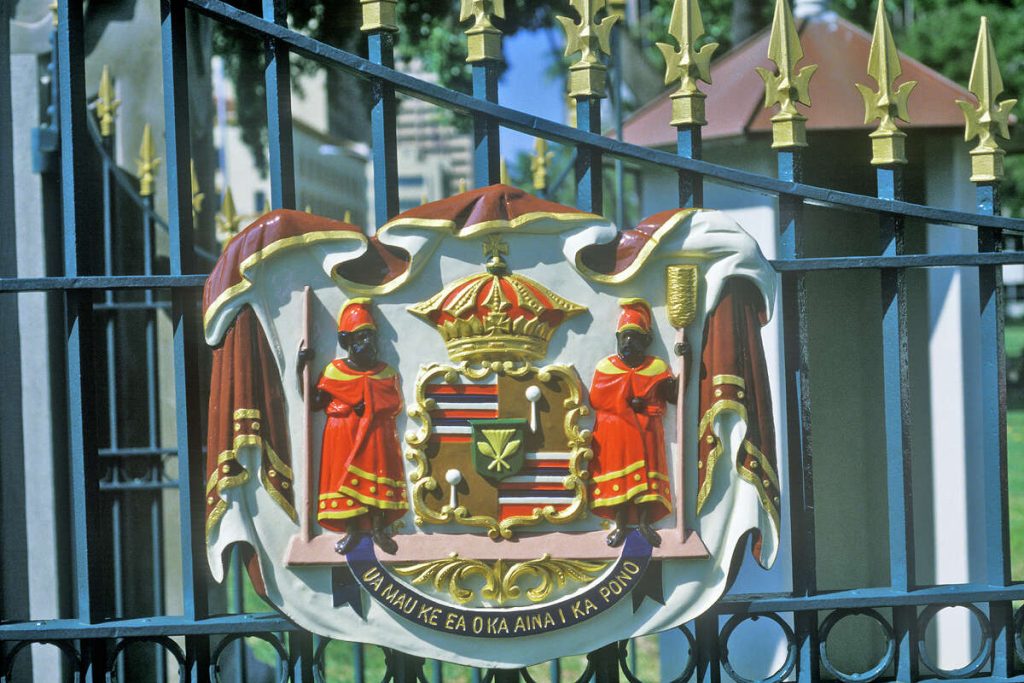 On the day celebrating the American colonies’ separation from Great Britain, Hawaii is relatively quiet in contrast to the continental United States, where fireworks light up neighborhoods across the country. In Hawaii, July 4 is not a joyous occasion for some residents. This is because July 4 is also the day a group of businessmen self-declared the Islands to be the Republic of Hawaii in 1894, before imprisoning Queen Liliuokalani. Later, July 4, 1960, was chosen as the day the 50th star was added to the U.S. flag. “July 4th is a painful reminder of the aloha aina warriors who are no longer with us, and a disgrace to our ancestors and the descendants of Hawaiian nationals who fought to resist american occupation,” John Garcia, minister of foreign affairs and second vice president for the independently formed government Nation of Hawaii, told SFGATE in an email. Since the overthrow of the Hawaiian Kingdom in 1893, Hawaiian entities, like the Nation of Hawaii, continue to fight to restore control of Hawaii. Hawaiians do not all agree on the current status of the nation, the process of how it should be restored or whether it should be at all. “We’re not fighting for sovereignty, you know, we’re already a sovereign and independent state since the 19th century. We’re just occupied. We need to bring compliance to international law and the law of occupation in order for the occupation to come to an end,” Keanu Sai, a University of Hawaii faculty member and political scientist who specializes in Hawaiian constitutionalism and international relations, told SFGATE. |
||||||
|
Copyright © 2025 Hawaiian Kingdom Independence Blog - All Rights Reserved Powered by WordPress & Atahualpa |
||||||